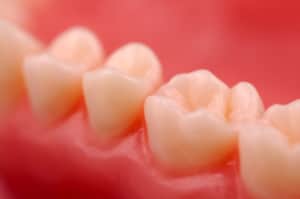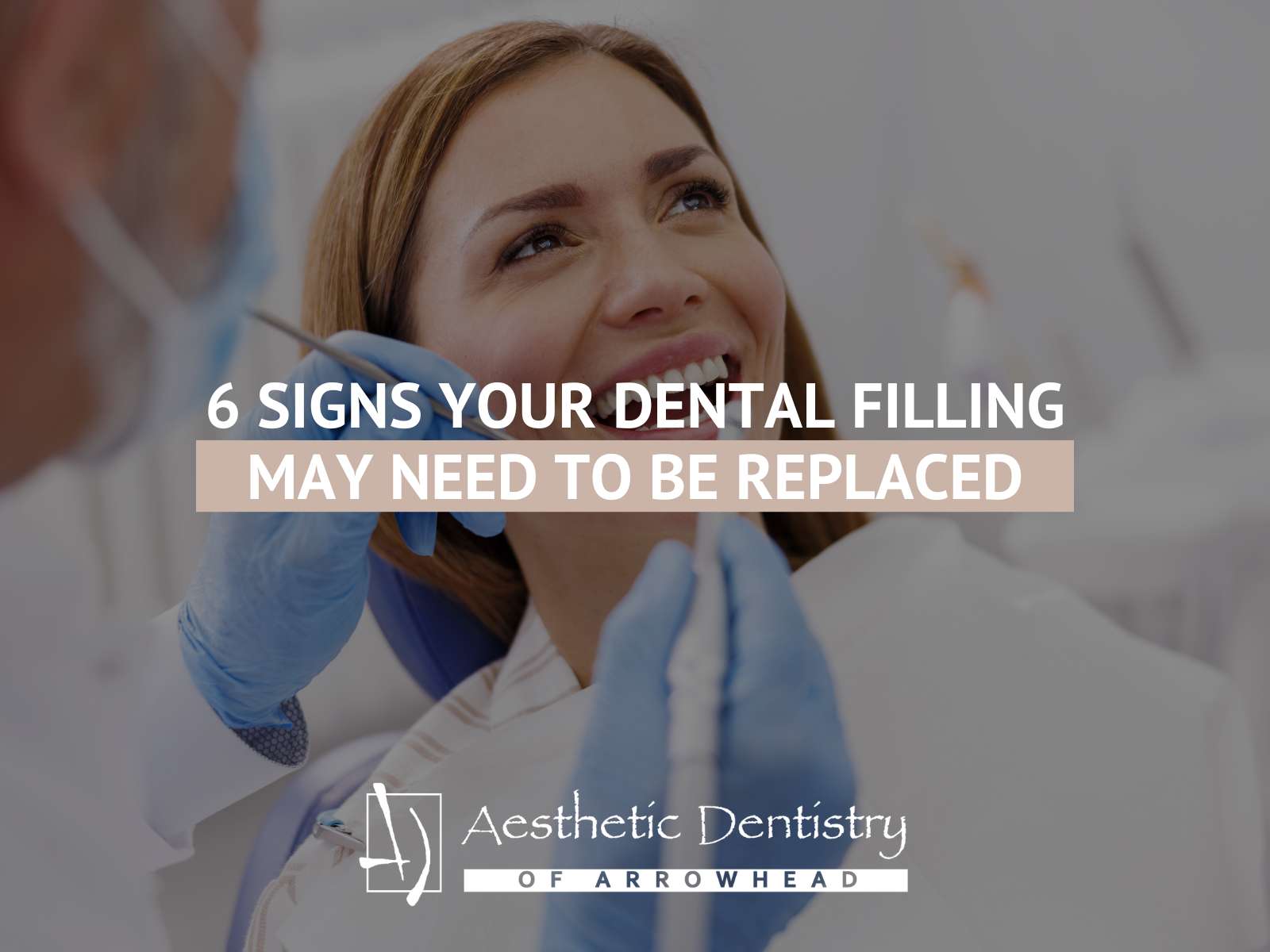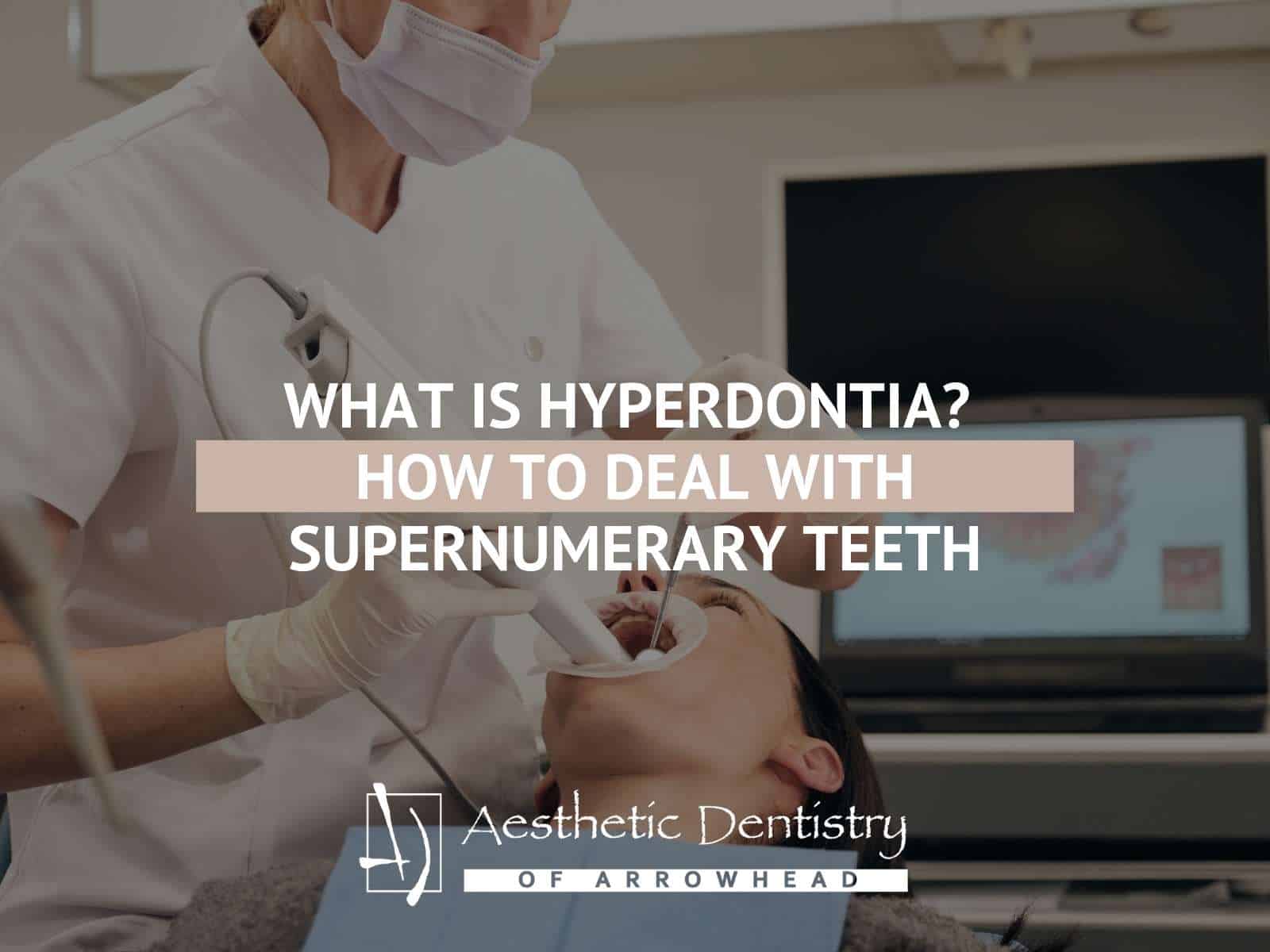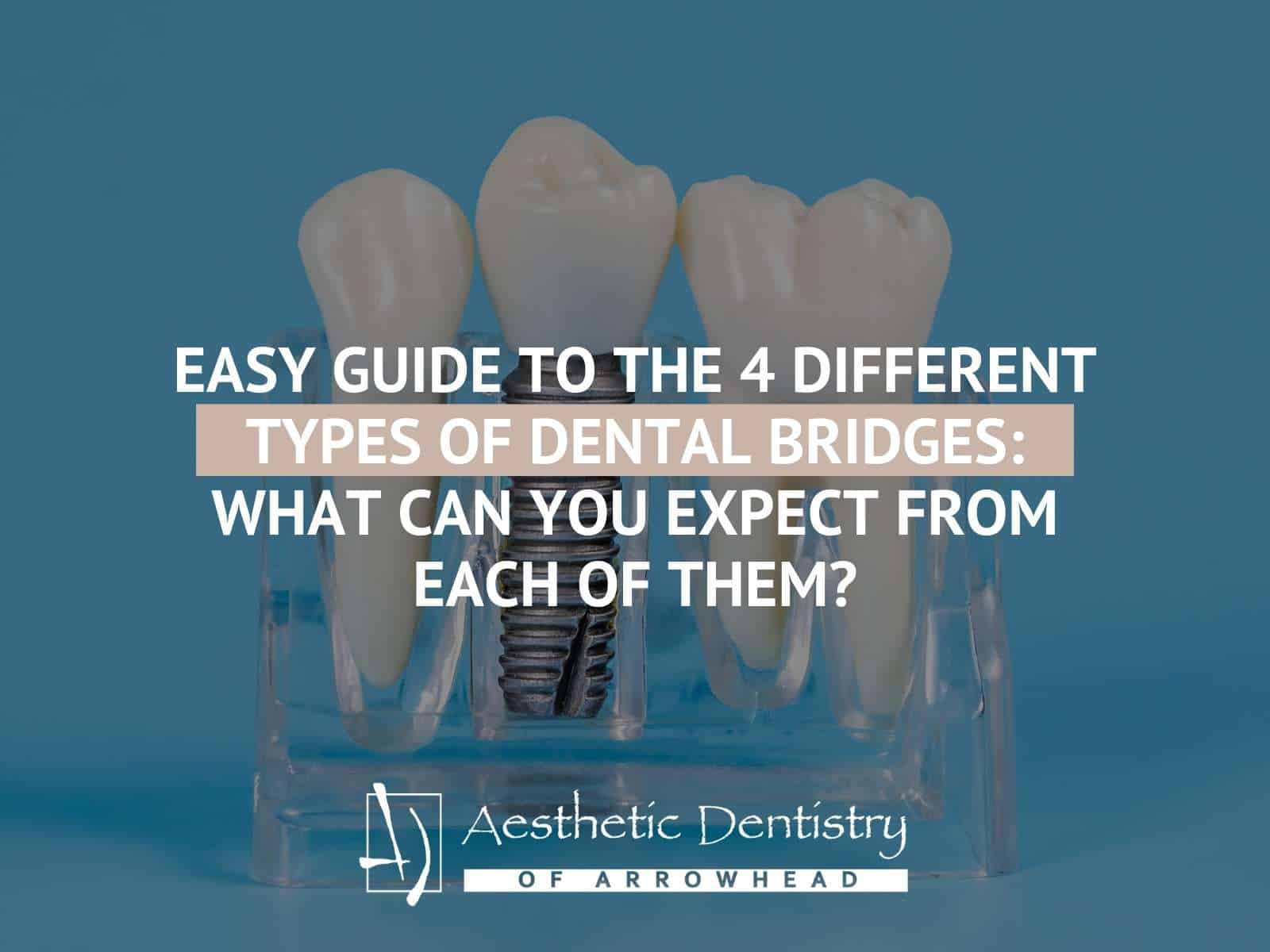Healthy Gums Healthy Body
What Causes Unhealthy Gums?

In a word, plaque. Unhealthy gums, or what your Glendale dentist commonly refers to as gingivitis, is most often the result of poor oral hygiene. Plaque is a sticky film of bacteria formed when sugars or starches in food combine with the bacteria that routinely live in your mouth. Plaque forms quickly and if it’s not removed within twenty-four hours it can begin to harden into tartar. Tartar then becomes an impenetrable shield for bacteria, allowing it to grow unchecked. That’s why regular brushing and flossing are so important, to remove plaque, thus preventing plaque from hardening into tartar. Once plaque has hardened brushing and flossing can’t remove it, you will need a professional dental exam and cleaning to get rid of it. Plaque and tartar often grow between teeth and beneath the gum line. The longer the tartar is allowed to persist the more inflammation it creates within your gums.
Gingivitis eventually produces red, swollen gums that bleed easily. If it is not treated aggressively gingivitis can continue on to the more serious periodontitis which can result in bone loss and tooth loss. Often a Glendale patient can have mild gingivitis and be unaware of it. That’s why a regular dental exam and a professional cleaning are so important, in order to stop the progression of gum disease.
The Effects of Gum Disease
The oral effects of gum disease are most noticeable. If mild gingivitis is allowed to continue unchecked and progress to periodontitis, the gum tissue will begin to recede from the teeth giving the bacteria entry to the underlying bone structure. As the gum tissue becomes soft and weak, the underlying bone structure becomes damaged, teeth become lose, and eventually fall out. Gum disease is the number one cause of tooth loss. In addition, the bacterial infection of the gums results in bad breath due to foul smelling sulfur that is excreted by these bacteria.
As if the oral effects are not enough, numerous studies have linked gingivitis with heart disease, strokes and other health woes. Studies seem to point to a definite link but more research is needed in order to explain exactly how gum disease affects the rest of your body.
Doctors know that bacteria from the mouth does get into the bloodstream. They also know that clusters of these same bacteria have been found in arterial blockages, so it’s possible that these bacteria adhere to the fatty deposits in the bloodstream, helping to create blockages that result in heart attacks or strokes.
Another possibility being investigated is the body’s inflammatory response to infection. Inflammation is suspected of contributing to numerous ills, including heart disease, stroke, arthritis, and diabetes. Even though doctors and scientists are still unclear about what the exact link between gingivitis and heart disease is, it has been found that patients with gingivitis are twice as likely to have heart disease, so it’s obvious that there is some connection.
Who Is at Risk for Gum Disease?
Anyone can develop gingivitis. It is fairly common, and when treated early the progression can generally be halted. The most common cause of gingivitis is a buildup of plaque and tartar that irritate the gums, leading to infection and destruction of tissue. Other contributing factors include:
- Dry Mouth
- Tobacco Use
- Badly Fitting Dental Restorations
- Age
How Can I Prevent Gum Disease?
Maintain meticulous oral hygiene. Brush your teeth at least twice daily and floss at least once each day. At night follow brushing and flossing with an antiseptic mouth rinse, that way your mouth stays as bacteria free as possible while you sleep. Don’t underestimate the importance of visiting your Glendale dentist at least twice a year for a dental exam and cleaning.
At Aesthetic Dentistry of Arrowhead Dr. Ceyhan and his team believe that with proper care your teeth should last throughout your entire life. They will perform a thorough Glendale dental exam and cleaning and discuss any problems that may need corrected. They offer convenient appointment times and payment schedules along with compassionate care and sedation dentistry for the fearful, so there is no reason not to maintain good oral health.

Dr. Greg Ceyhan – Aesthetic Dentistry of Arrowhead
Glendale, Arizona 85308
Map | Directions
Phone: (623) 979-1515
Fax: (623) 878-1811
Office Hours: Monday-Friday: 8am-5pm
Website: https://www.drgregceyhan.com







